
Trending Post: French Toast your kids will love
Trending Post: French Toast your kids will love
Britannica defines ritual as “the performance of ceremonial acts prescribed by tradition or sacerdotal (sacred/religious) decree.”
Rituals are specific, observable behaviors practiced by all societies; however, each society has their own version of each ritual, and not all societies perform the same rituals at the same time.
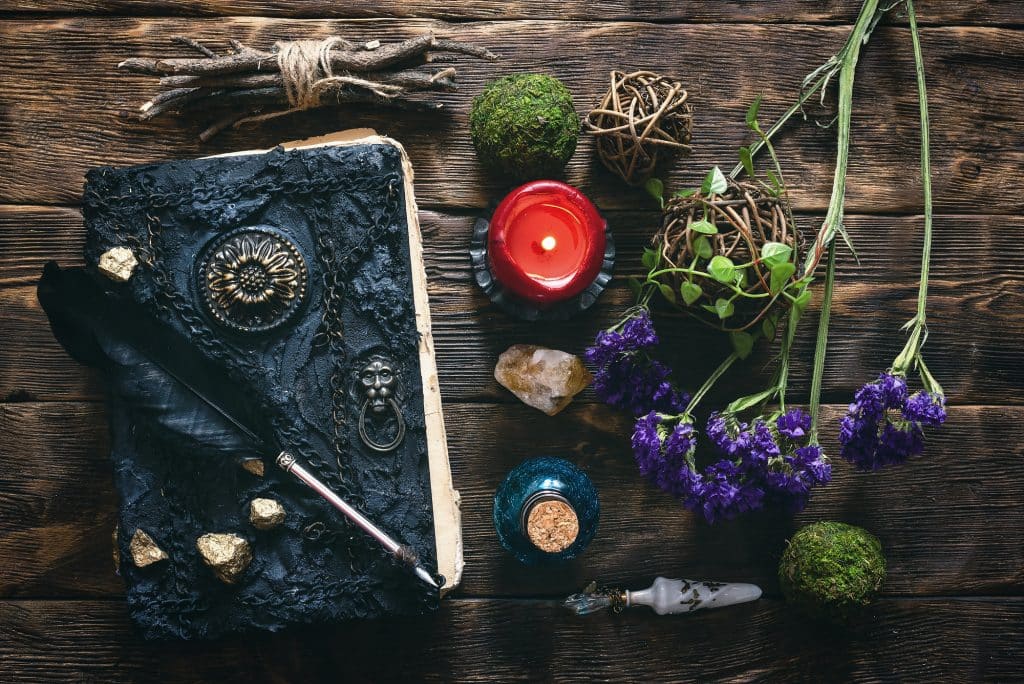
Rituals, some of which have become habits, involve consciously repeated actions, no matter the type and before some of these actions become habit, we perform them as little daily rituals whether these are individual or family rituals. We observe all types of rituals in our daily lives.
We have coffee, brush our teeth, comb our hair, and dress, and we perform these actions in a particular order. If we vary from that order, the day gets off to a rocky start and can create a sense of unease because even these small rituals, that have become habits, give us a sense of security.
These little morning or evening rituals give our day structure and enable us to feel safe and in control by providing structure to our lives. However, over time these actions lose their ritual quality because we perform them unconsciously.
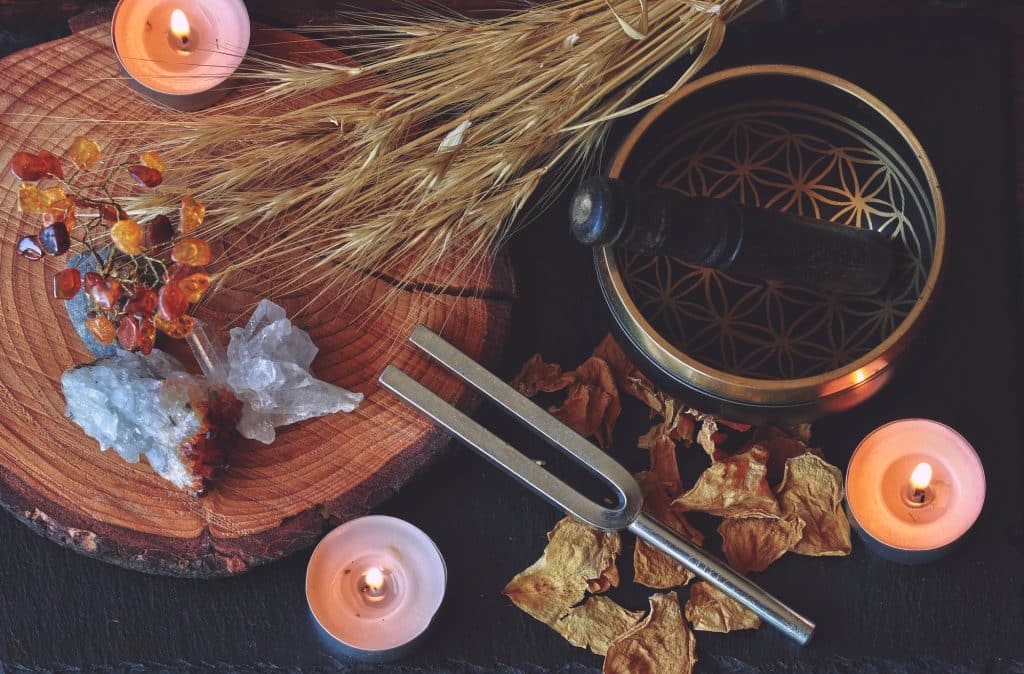
Unlike these habits, rituals require awareness and mindfulness, and often connect to specific events such as holidays, the Wheel of the Year, marriage ceremonies, and even elections. Rituals provide stability, and all known societies have their own rituals.
Rituals such as weddings, and graduations, can also mark a rite of passage of some sort, often from childhood to adulthood. We celebrate the coming of age of our young people much more peacefully today than in previous ages when rites of passage included such things as going on a hunt alone or spending the night alone with the spirits.
However, since society and rituals evolve over time, some negative rituals such as human sacrifice and ritual killing have thankfully died out. We still have many rituals that people might consider just as odd, but the violence associated with ritual which made many people fear rituals has faded.
Priests in ancient Egypt performed a daily morning ritual that consisted of 32 ceremonial activities. The idea of performing 32 ceremonial acts in one morning would dismay most of us, and while many of us perform just as many small rituals that have become habits, we do it without thought.
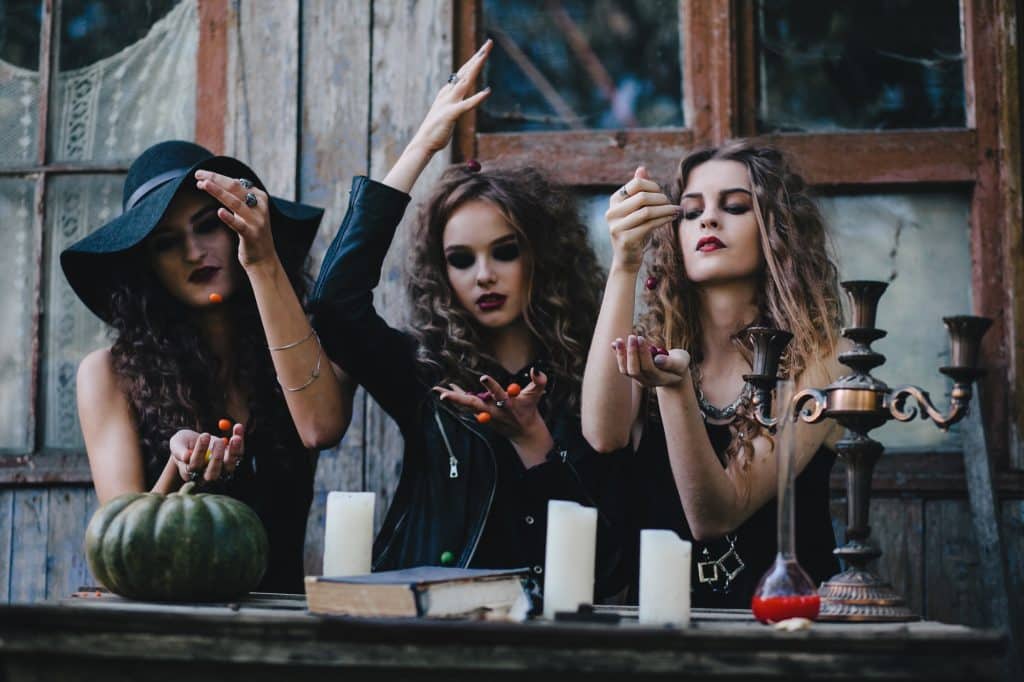
According to National Geographic, “research suggests we evolved such social practices to ward off or address common threats.” On New Year’s Eve, here in the United States, we celebrate by shooting off fireworks, cooking black-eyed peas, and in some sections of the country greens. Each country and section of the country has their own rituals for the start of the new year.
In Spain, for example, people eat one grape with each strike of the clock at midnight, and in Central and South America, people burn effigies representing the past year. Research suggests that these rituals originated in a desire to keep people safe.
The victors in war often create or adapt a ritual to pull people away from the rituals they originally performed to rituals approved by the new regime. Once these rituals become ingrained in a society, they offer stability and a sense of community as people join to celebrate these rituals.
Thanksgiving and Christmas are two of our biggest rituals and create that sense of community as everyone in the country celebrates these holidays at the same time, and often in the same manner. While quite opposite in purpose, Catholic High Mass and Gay Pride celebrations are both rituals that bring a sense of safety and community to those participating.
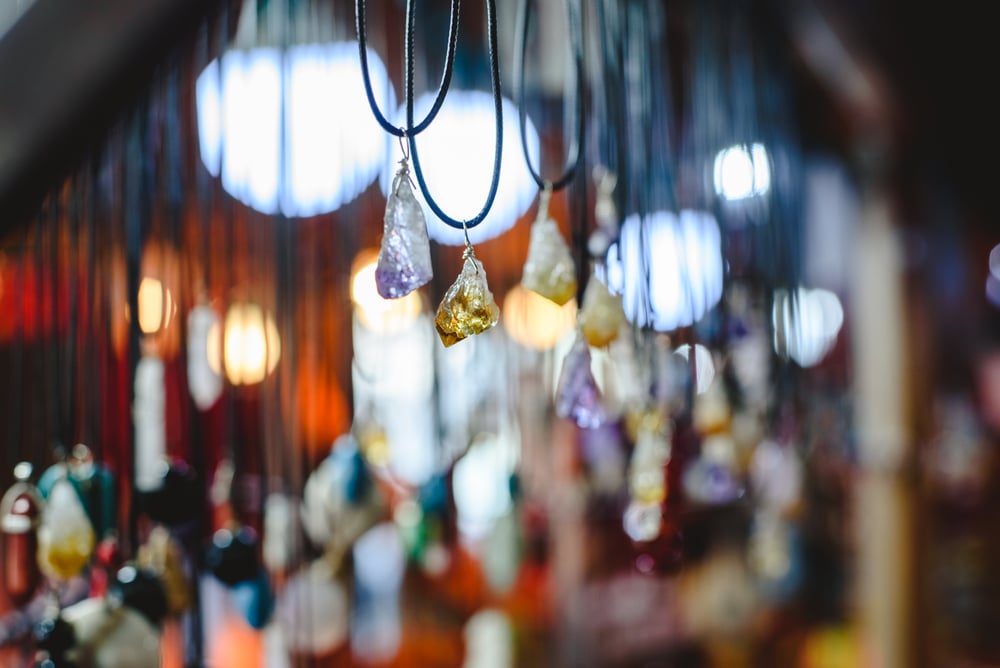
Even ritual baths and ritual preparation of food resulted from a desire to prevent disease and increase psychological comfort within the culture. People also use these actions to achieve the correct frame of mind for ritual.
Some personal pagan and Wiccan rituals, however, are much like the ritual of a church service, but others are quite different. These rituals focus more on connecting to higher energies, the goddess, or any number of gods and goddesses.
Rituals can be as simple or as complex as you like. Anything can serve as a simple ritual. A spell or blessing said over a candle of an appropriate color can bring something into or banish something from your life.

More complex rituals require preparation, and sometimes other people, and you will need to gather all your supplies before you cast the circle. Stopping a ritual before completion can be dangerous or cancel the working, so make sure you have everything you need before you start.
The key when you perform these rituals is intent and ritual action. Your intention and focus can make all the difference in the success of your personal rituals, and what you will need will be determined by the type of ritual you plan to use.
Many covens and groups have group rituals, usually to celebrate a sabbat or an esbat. However, a group is not required for a successful ritual.
Sabbat rituals coincide with major events on the Wheel of the Year such as harvests and astronomical events and are more complex than Esbats, and many take on the semblance of a church service focused on an event during the Wheel of the Year rather than a regular Sunday or Saturday sabbath ritual.
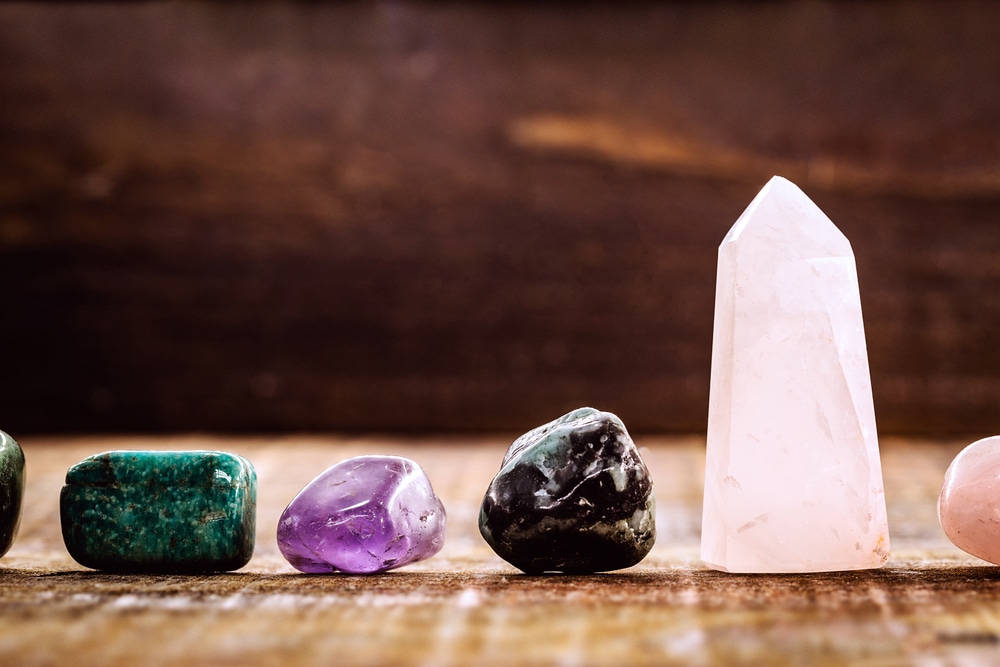
Sabbats fall into two categories. Major and Lesser Sabbats.
Greater Sabbats mark the peak of each season, and Lesser Sabbats mark transition from one season to another. Most pagan or Wiccan groups celebrate eight sabbats, and up to thirteen esbats.
Esbats celebrate the turning of the earth and are based on moon phases and have a more practical nature since Esbats are used for working magic rather than simple celebration and honoring the gods. Sabbat and esbat rituals can raise a great deal of energy, especially if done with others, but you don’t need other people to have a ritual.
Rituals can be as simple or complex as we like and help us connect with higher energies. Something as simple as a spell said over a burning candle can be a ritual.
However, you will still need to make sure you are in the proper frame of mind. You can achieve this frame of mind in several ways such as taking a ritual bath, smudging your space with sage, or another herb that relates to the ritual you want to do.
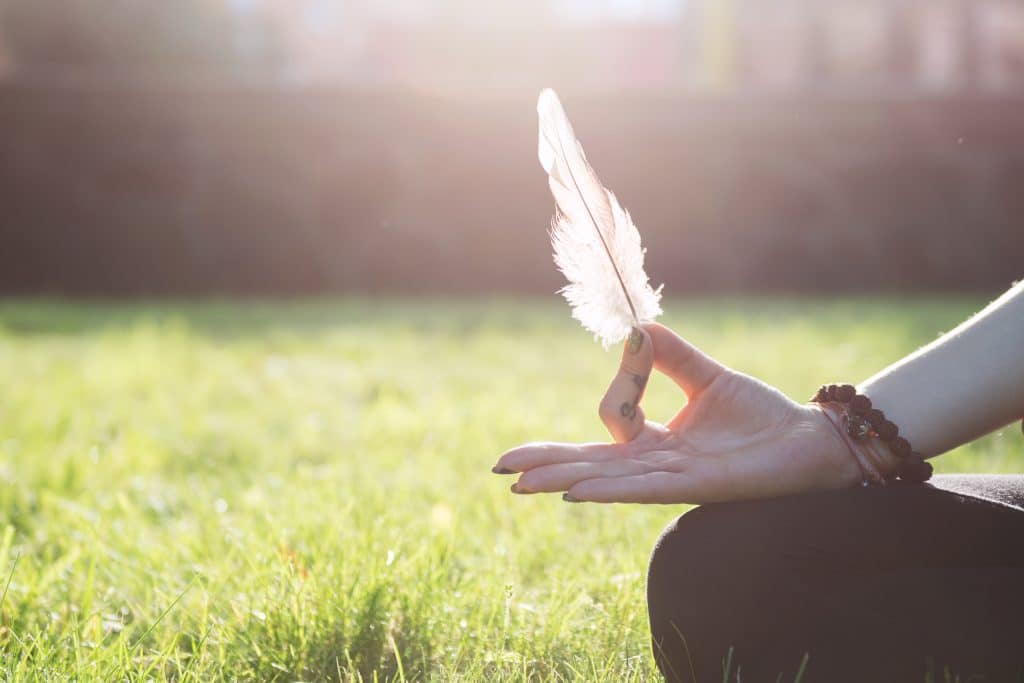
Regardless of the method you choose, you will need to purify your space and yourself before you begin. You will also want to make sure you are clear on your intentions.
What exactly do you want to achieve with your ritual? The answer to this question will determine what you need. Once you have determined your intentions, you will know what to gather.
For example, if you are casting a spell for abundance, you might gather herbs such as these to amplify the energies you are trying to raise.
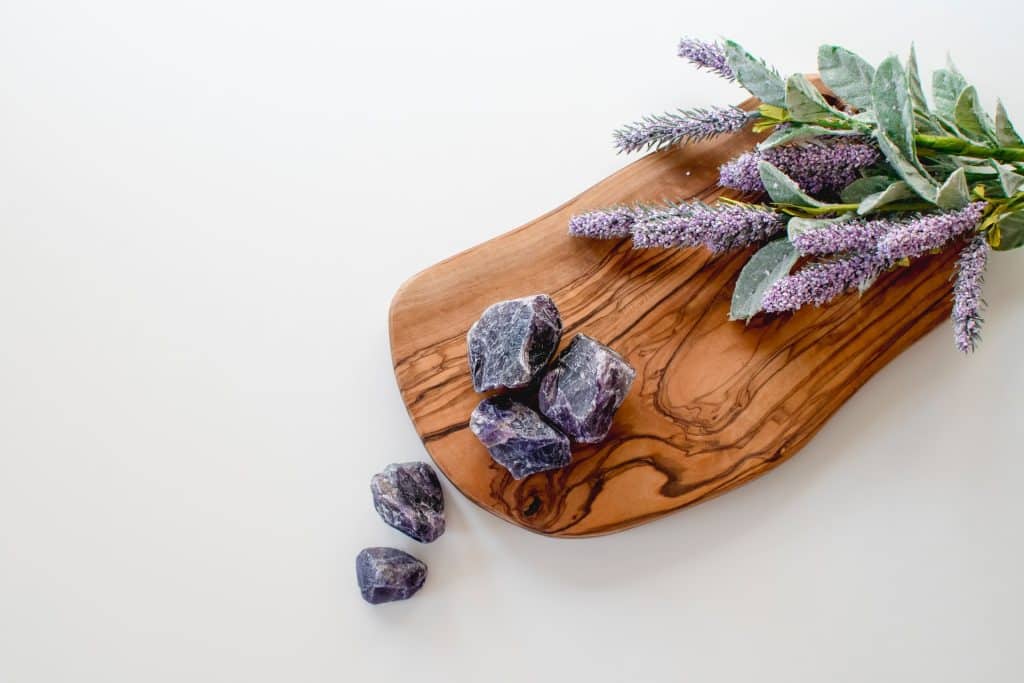
You will also want at least one candle, and for an abundance spell, green is your best option; however, several other candles can work for this purpose as well.
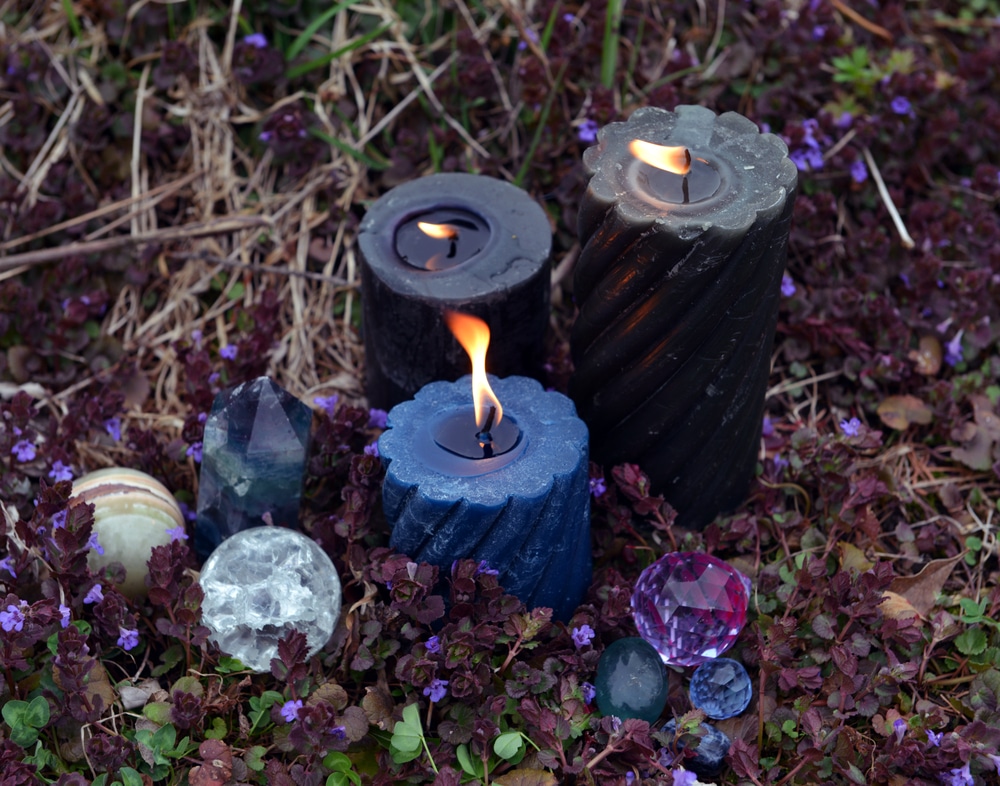
White and black are universal colors, and you can use it in place of any other color. Formal ritual altars often include candles to represent the God and Goddess, and these are usually gold or white.
You may also want to include stones in your ritual. You can simply place them on your altar or hold them in your hand while you perform your ritual actions.
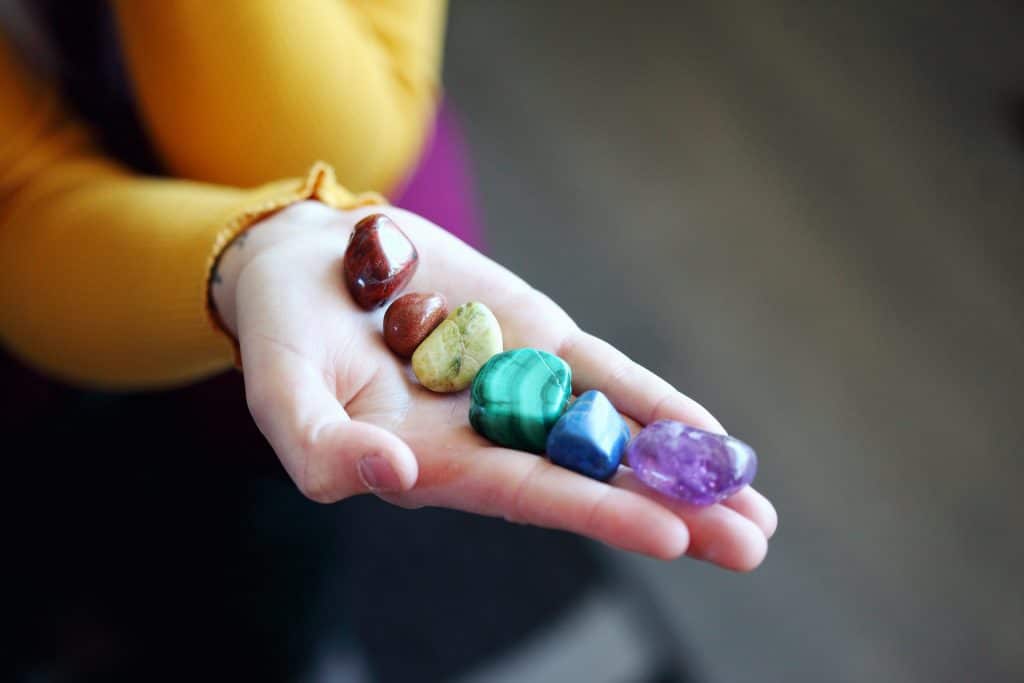
Not all rituals require a sacred circle; however, if you are using a circle, make sure your gather all your tools and have them on your altar before you begin to cast the circle.
You can cast the circle in several ways. You can use salt or another herb, or you can walk the circle into existence by walking several times, usually three, around the circle to close it and build energy, or you can use an athame to draw the circle either by physically drawing it on the ground or drawing the energies in the air.
From there, you can use meditation, chanting, prayer, or another method that connects you with the energies you need to achieve your goal. The method you choose will be specific to you.
We know people have performed rituals for as long as we have had written records, and we have no reason to doubt people performed rituals long before that. Rituals form a large part of our lives in whatever form they take because they help us feel connected to our higher energy, and our community.
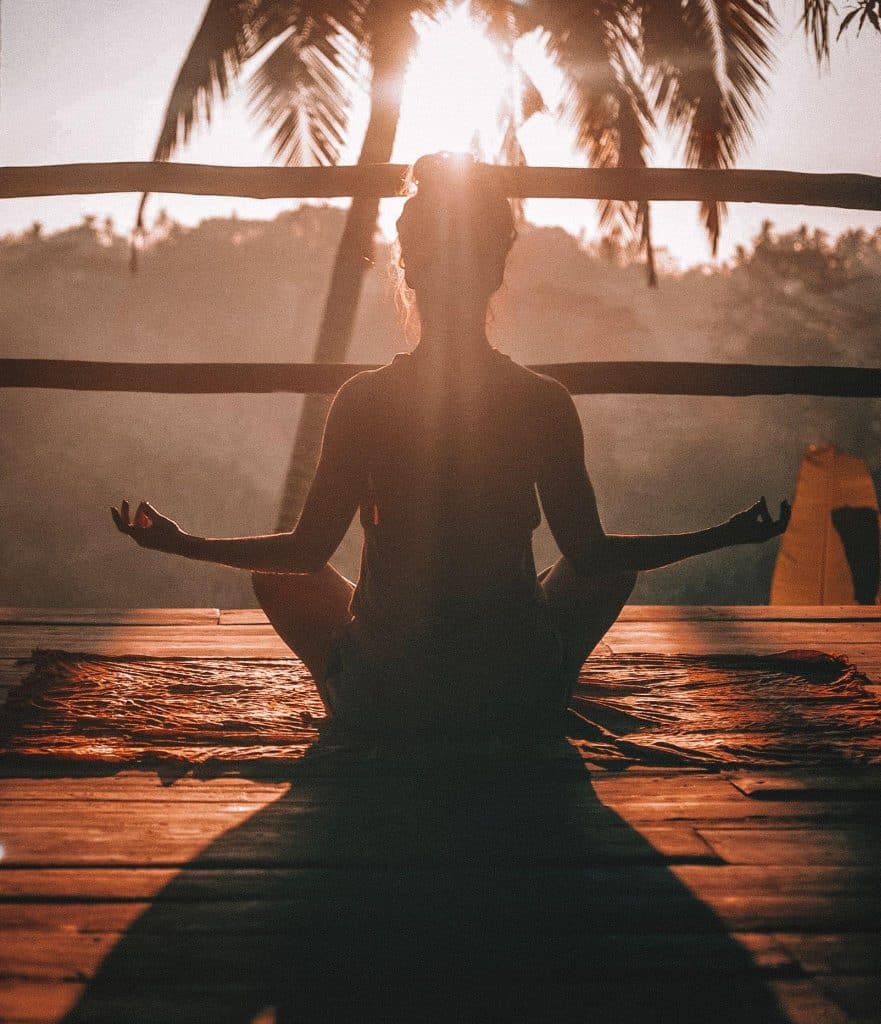
Our personal rituals will be determined by our wishes and beliefs, and they still connect us to our higher energies or gods, and our community, even if we perform them alone. The knowledge that there is a body of people who perform the same rituals and have the same beliefs gives us the same sense of connection to community that rituals have for thousands of years.